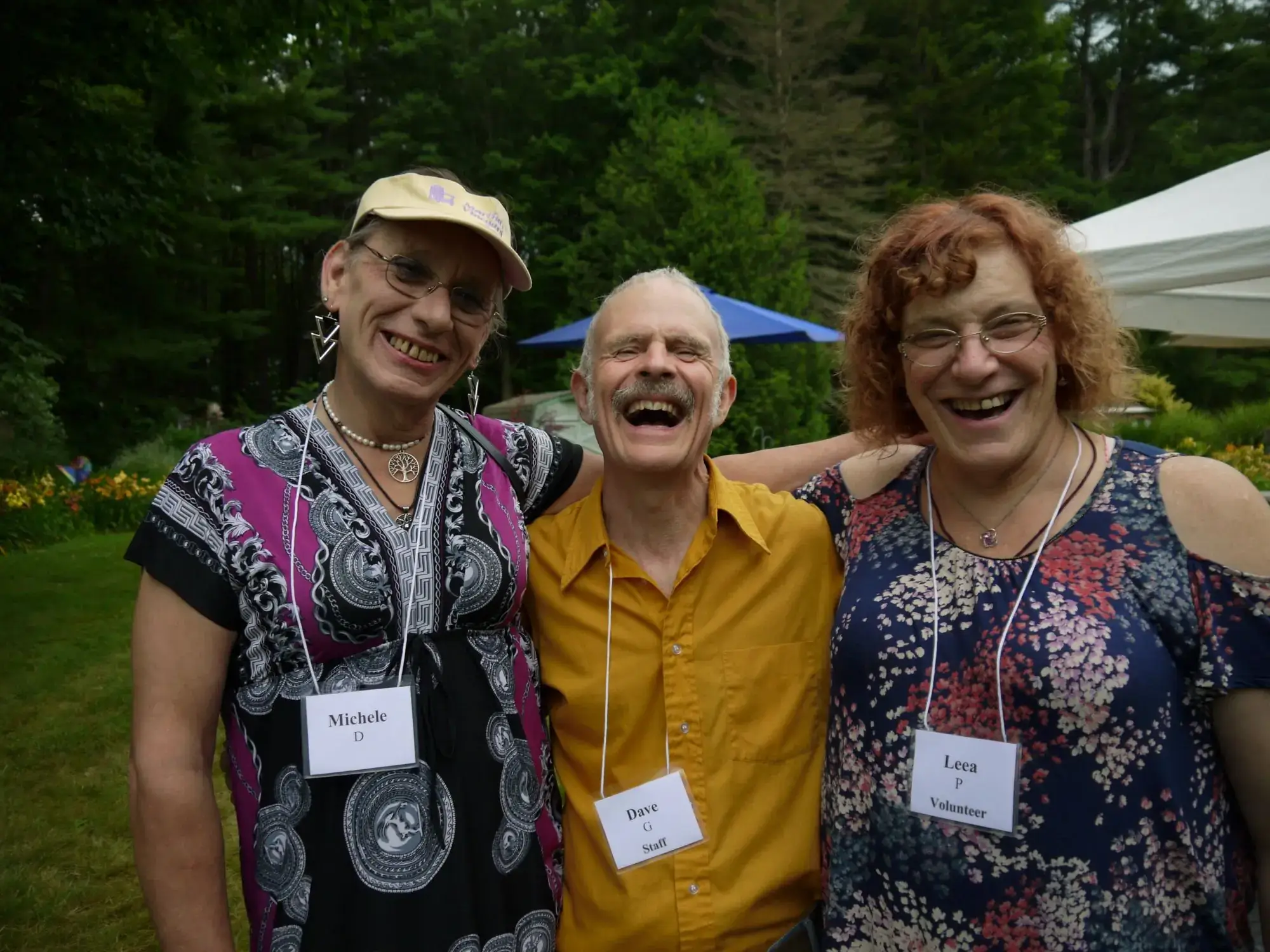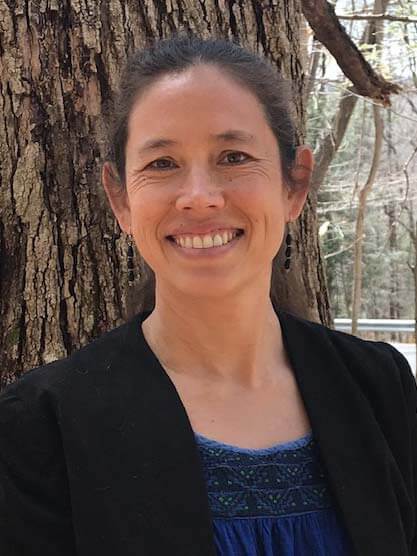A recent conversation with a walk-in community member highlighted misconceptions around some of the core tenets of LifePath’s work. Our mission is to provide person-centered service coordination, education, and support. We listen to our consumers from a place of compassion and understanding, we provide education and options, we recognize that consumers know what is best for their unique situation, and we honor their self-determination and their choices.
After sharing this information with our walk-in community member, and after she realized that what she wanted to happen and what she thought we could do for her were not actually possible, she responded with “how would I have known that?” Unless you’re close to this work, or perhaps someone who has engaged with us in some way, there may be no reason or opportunity for you to know.
This individual had misconceptions about the role of Protective Services. While she left disappointed, she did leave better educated, and sometimes that is the best possible outcome in these difficult and delicate conversations.
A common misconception is that Protective Services can remove people from their homes, or place them in facilities or institutions.
She came in expecting LifePath to go to a person’s home, remove them, transport them to her home so that she could care for them, and then follow up to be sure the person stayed at her home, which she thought “would be best” for them. While I understand her perspective, this approach does not align with our core values, nor does it align with regulatory expectations about how we provide services.
One of the regulations that governs our work states “the Elder shall be involved to the greatest feasible extent in decisions which affect the Elder” and services “will be provided with the consent of the Elder and with the least possible intrusion into the life of the Elder.” The Protective Services team is a group of skilled and compassionate individuals who have extensive experience in crisis situations and are adept at navigating the various complexities they see on a regular basis.
Our walk-in visitor wanted to know if the person she was concerned about was connected with our Protective Services program. While I could not tell her that, I did tell her that she could make a report if she wished to do so, or I could pass along information. Reports to Protective Services are confidential and protected information.
A common misconception is that Protective Services can remove people from their homes, or place them in facilities or institutions. We do not have authority to act in that way. And, we are not law enforcement.
What we CAN do is to take reports, carefully and thoughtfully screen potential cases, and make referrals to potential support. Our role is to evaluate risk and discuss with the older adult any changes they would like to make. If the older adult chooses to accept assistance, we can work with them until the concerns have been resolved or mitigated. They can choose the degree of change, or can choose to make no change at all. They also have the right to decline any conversation with us.
When an older adult chooses to engage with Protective Services, they can often get access to enhanced services. This engagement can activate intensive case management and can provide skilled social work involvement. The services are never punitive.
A sad reality is that some individuals have trouble meeting their own needs. This could be due to a lack of resources, or it could be their choice. An individual’s choices may not conform to the desires of friends, family members, professionals, and the community at large. Our role is not to judge those decisions or to make the decision for the older adult.
The lack of ability to care for oneself can result in risk. We discuss this with older adults with a goal of helping them to make informed decisions. The team works to lower risk with minimal disruption to their lifestyle and in ways that prevent bigger problems down the road. The older adult is in charge of the process and is the decision maker. Not all individuals will choose to engage. In all situations, it is important to remember that elders have rights, and we approach all situations through the lenses of consent and self-determination. If a person chooses to not engage, the door remains open for them to reach out at a later time.
All Elder Protective Services Programs in Massachusetts, including LifePath’s, have a mandate to provide protection. The programs assess concerns related to Physical, Emotional, and Sexual Abuse; Financial Exploitation; and Neglect and Self-Neglect for adults 60 and over. Older adults and their families are often concerned when we become involved in an older adult’s life, fearing that we will take away their freedom to choose how they live. While our goal is to prevent, remedy, and eliminate the effects of elder abuse, we are required to respect a person’s right to self-determination and autonomy.
If you are or know an older adult who is being mistreated or who is unsafe at home, please call Elder Protective Services at 1-800-922-2275 or file online. People may be hesitant to report, but your call may be the one which makes a difference in your own or someone else’s life. All reports are confidential, you are not obligated to provide your name, and if you do so, your name will not be disclosed.
If you have crisis experience and a strong desire to help others, please view available job opportunities with our Protective Services team.





